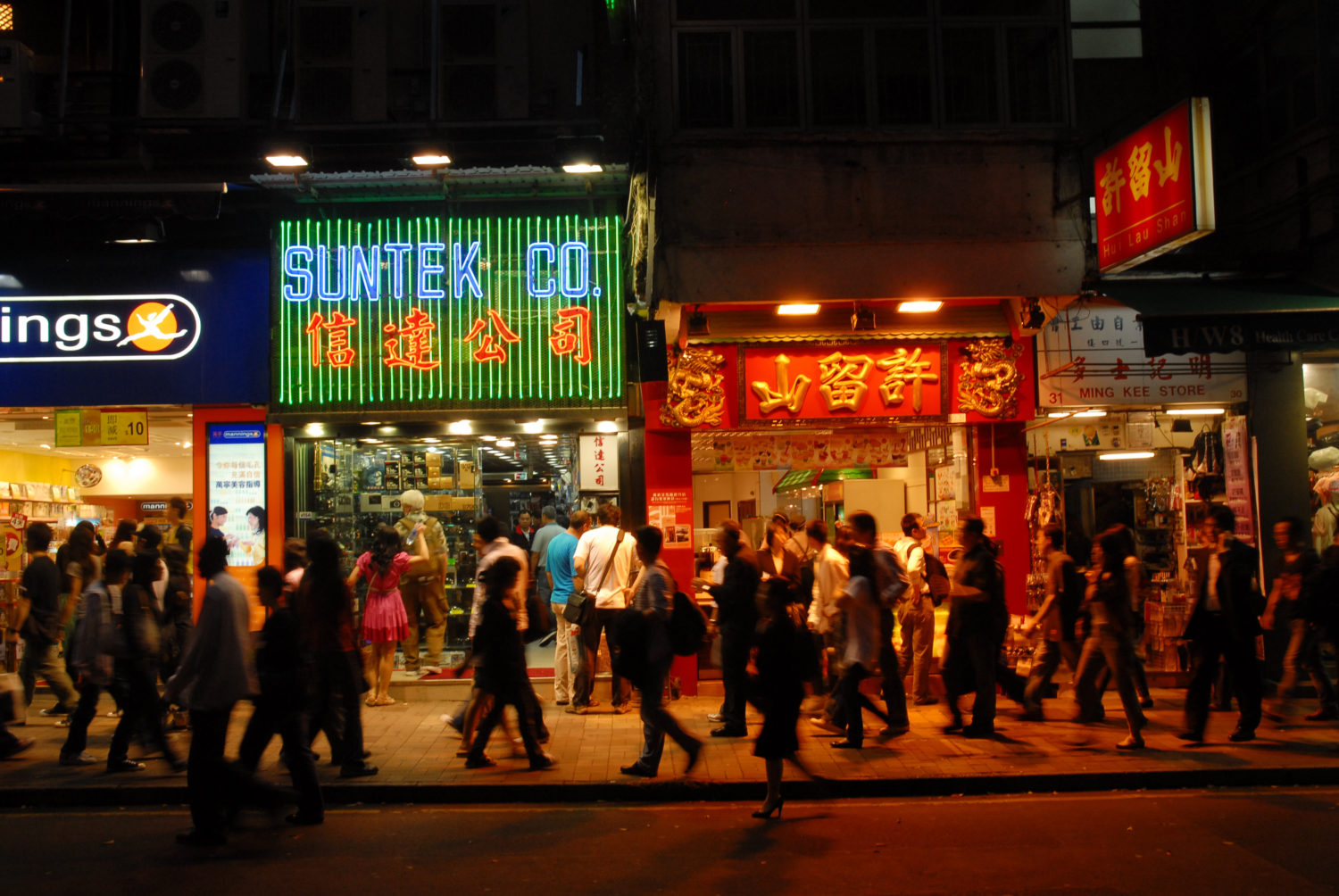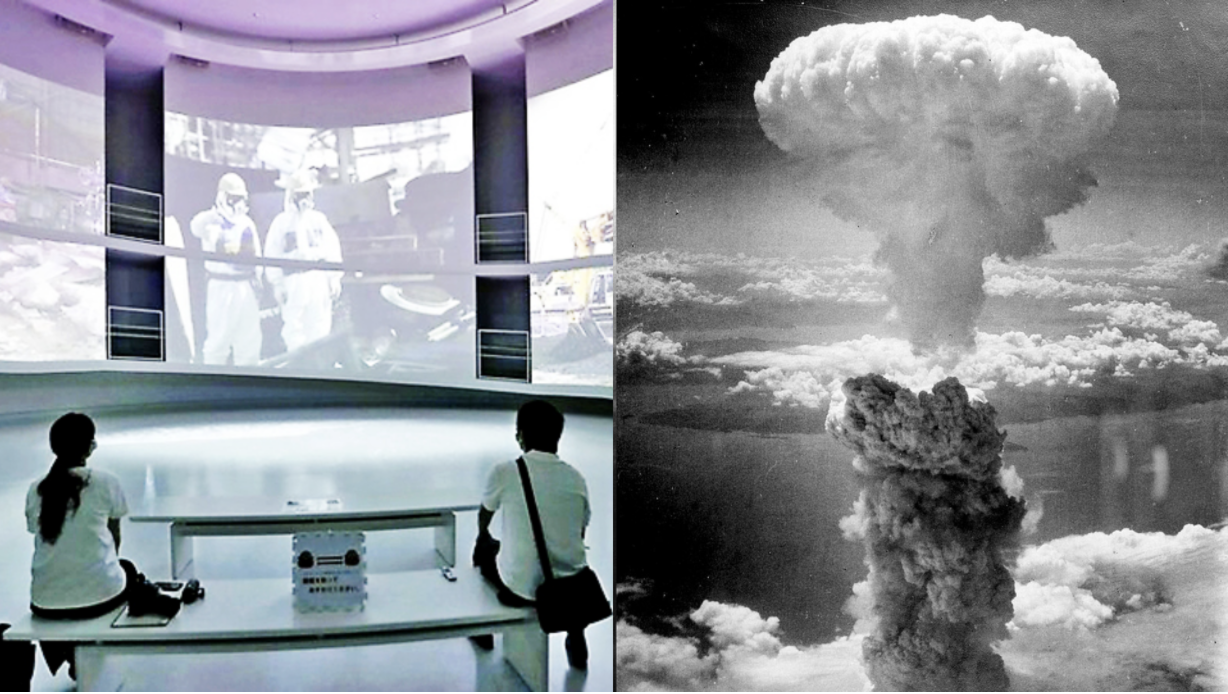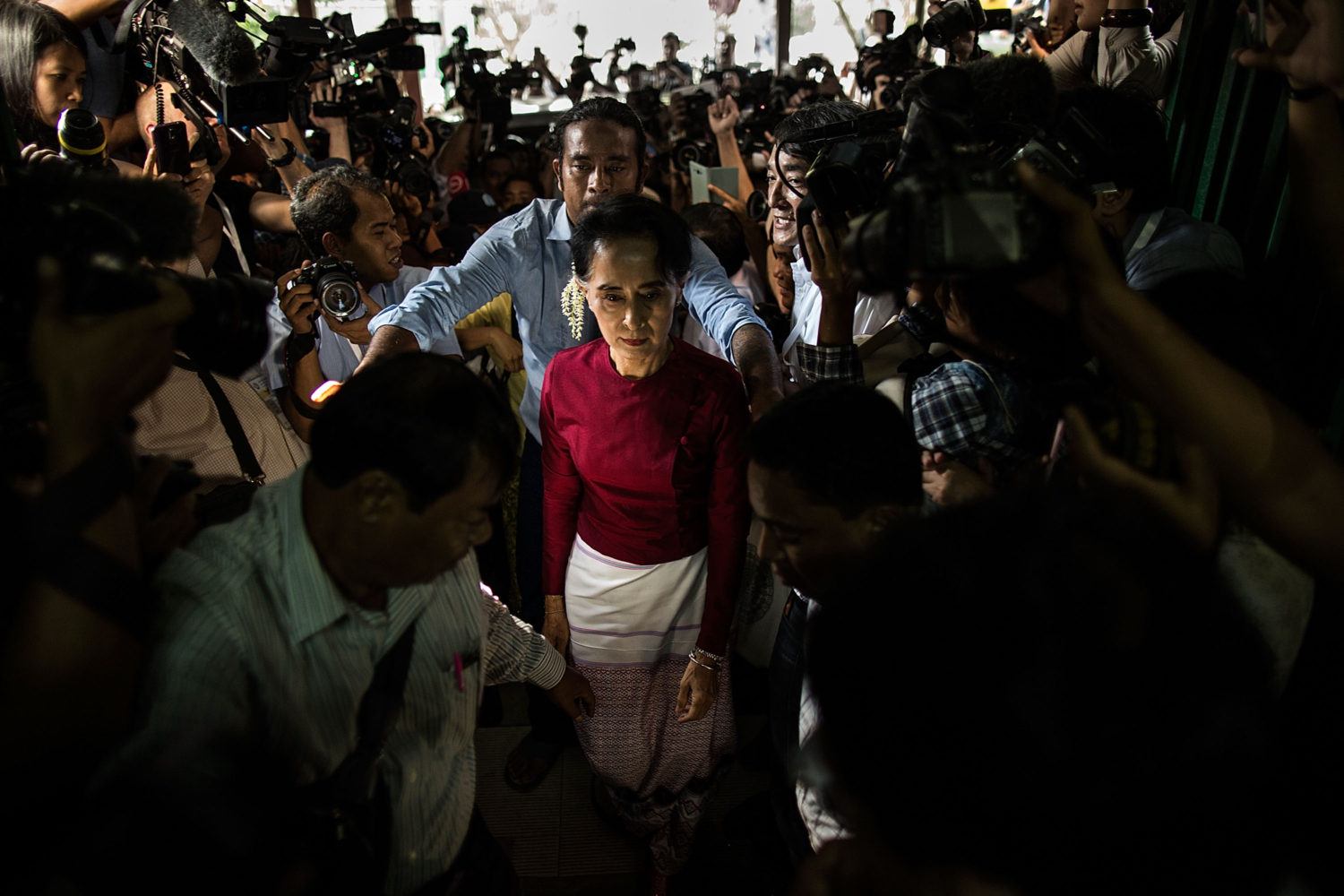After a tumultuous year of protests, Hong Kong (HK) is no longer making headlines. Beijing has been able to deescalate pro-democratic demonstrations and exacerbate internal divisions among activists of the Umbrella Movement and the more moderate, silent majority of Hongkongers. As a result, social unrest has abated and protests have gone silent. Beijing has once more proved its ability in crisis management, but missed the opportunity to find a resolution. Now that domestic and international pressures have eased, Beijing should consider the future of the Special Administrative Region and decide whether to continue its game of repression or tackle the socio-political problems that caused protests in the first place.
Those problems lie in HK’s exclusive institutions and in a political class that lacks incentives to reform. The Basic Law, the de facto constitution of the Special Administrative Region, paradoxically institutionalizes a modern and liberal socio political order while at the same time preventing it from having an accountable government. This lack of accountability is caused by the electoral law, which states that only a minority of citizens are entitled to vote for the Chief Executive (CE) and Legislative Council (LegCo). Under the Basic Law, the CE is elected by a broadly representative Election Committee and appointed by the Central People’s Government, while the LegCo is composed of 70 members elected among functional constituencies and geographical constituencies. The problem is that functional constituencies grossly over-represent tycoons and, due to their small electorates, are prone to manipulation. For instance, functional constituencies break the principle of “one man, one vote”, because their electorate is of only about 240,000 individuals vis-à-vis the GC electorate that counts 3.47 million voters. Thus, one “functional vote” carries the same weight as 14.5 “geographical votes.” Consequently, the current electoral law distorts the true preferences of the electorate and divides the population between those who are granted functional representation and those who are not.
Changing the electoral law could be possible, but not without political will from legislators and Beijing. HK’s LegCo is divided into three groups of political actors: pro-Beijing legislators, tycoons’ legislators (mostly elected in functional constituencies), and democratic legislators. Each of the three actors has a de facto veto over any change of the electoral rule because such amendments require a two-thirds majority to pass. In other words, none of the three groups can unilaterally amend the law, and inter-party support is necessary for constitutional reforms. Pro-Beijing and tycoons’ legislators are currently united in blocking any reform which could undermine the existing status quo. Moreover, thanks to a Basic Law interpretation bill issued in 2004, Beijing now has veto power over electoral law amendments.
As previously mentioned, HK’s exclusive institutions could be reformed and democratized, but the current governing elite lacks incentive to change the status quo. Historically, there are reasons why the status quo has not been changed. With the transfer of sovereignty in 1997, Beijing inherited the UK’s undemocratic political order where tycoons and colonial institutions were the sole groups with access to the city government. Then, after Beijing took the place of the UK, it continued to franchise HK governance to the business elite of the city. This governing coalition between Beijing and tycoons has lasted until today because it is rooted in a series of reciprocal interests exclusive to HK’s citizens and their democratic accountability. The two groups used their respective institutional powers to reach a two-pronged goal: Beijing sought control and stability while tycoons sought profit. In the mind-set of the 1990s, the two goals of economic development and stability were perceived as mutually reinforcing, and thus Beijing and the business elites were able to coexist in the tiny region of HK. However, is this still the case today? Beijing’s intransigent protection of the current status quo reveals that the Communist Party of China (CPC) believes it is.
However, macroeconomic trends and figures tell another story. Indeed, it seems that economic growth and stability are not coexisting anymore in HK, and that the interest of Beijing and tycoons are becoming more mutually exclusive. Tycoons have been using their legislative power to protect their oligopolistic interests and veto bills that are set to solve public problems. Consequentially, they have built an exploitive system where citizens’ wages are taxed, but interests, inheritances, dividends and capitals gains are tax-free. As a result, despite a GDP per capita of US$32,000, more than half of the population earns less than US$1,400 a month, and roughly 1.3 million people (19.6 percent of the population) are considered to be living below the official poverty line. The Hong Kong Quality of Life Index compiled by The Chinese University of Hong Kong confirms the trend of increasing economic inequality, and in 2012, its seven economic indicators registered the lowest score in a decade. Economic inequality could be reduced with more redistribution, welfare and progressive taxation. However, tycoons have no interest in increasing taxes and veto any proposals that aim to solve the problem. The net result of this impasse is that economic inequality is becoming a social problem that fuels discontent among citizens for their government.
Ideally, economic growth could foster stability and legitimization for the CPC, but not if profits are seized by a cleptocratic elite of billionaires whose wealth already equals over 70 percent of HK’s annual GDP. Tycoons break the distinction between private and public interest, thus transforming HK into a neo-patrimonial state where they govern for private gain. Such a state fails to provide the substance of what people want from government; it corrodes welfare policies and decreases accountability. For these reasons, it should not come as a surprise that Hongkongers sought to change the political balance in 2014. However, they cannot have a voice in or access to political institutions without reform of the existing electoral law, and that reform cannot be done without the will of the CPC and pro-Beijing legislators. To summarize, from a citizens’ perspective, tycoons are the source of the problem, and Beijing is the obstacle to its solution.
Citizens’ protests for fair elections are not merely idealistic; they are task-oriented. Substantial accountability did not meet the expectations of the citizens, and therefore they ask for procedural accountability. Creating an accountable government should be top priority for Beijing as the unaccountable tycoon-led government has failed to create stability and fostered social unrest. Beijing should prove that it is able to adapt to both changing circumstances and the rise of new social groups and their political demands. If the CPC does not understand or accept citizens’ demands, the only way left for the citizens to overcome institutional rigidity and political decay will be unrest and disobedience. Beijing can still continue to postpone democratization, but by doing so, it will not solve the fundamental problem of economic inequality and will have to cope with the population’s latent social unrest.
The only way Beijing can escape this vicious circle is by establishing agency between Hongkongers and their government. Once agency is created, the citizens will realize that Beijing is not the cause of their socio-economic problems but instead a solution. For the CPC, there is no reason why an alliance with citizens would be less beneficial than one with the tycoons, a group that has proved to be a cleptocratic oligarchy that uses institution and resources for private gains at the cost of reduced welfare for citizens and reduced stability for Beijing.
By Cesare Scartozzi
- NOVAsia Is Hiring: Call For Applications and Contributors for Spring 2025! - February 26, 2025
- NOVAsia Is Hiring: Call For Applications and Contributors for Fall 2024! - August 20, 2024
- NOVAsia Is Hiring: Call For Applications and Contributors! - February 19, 2024





